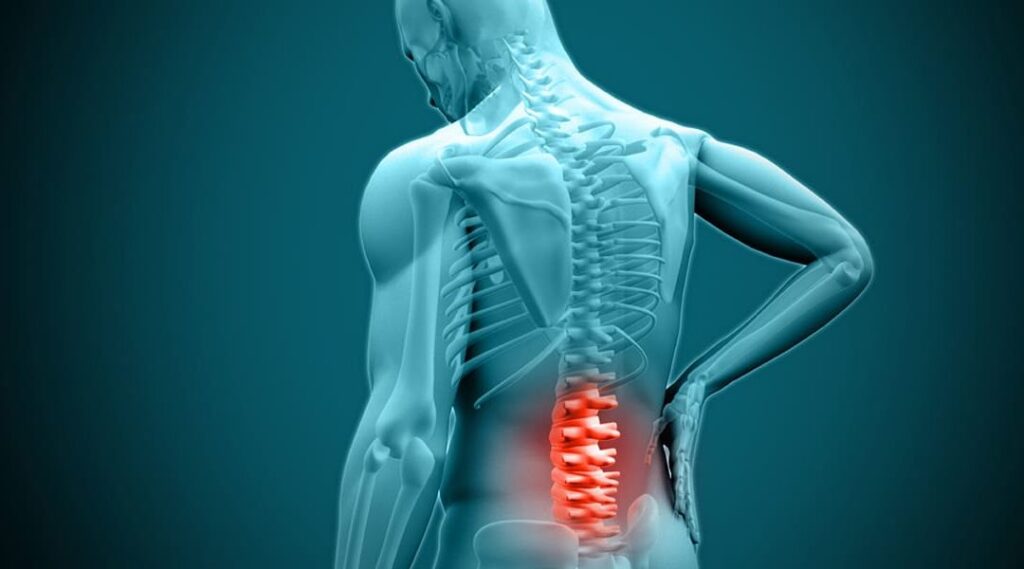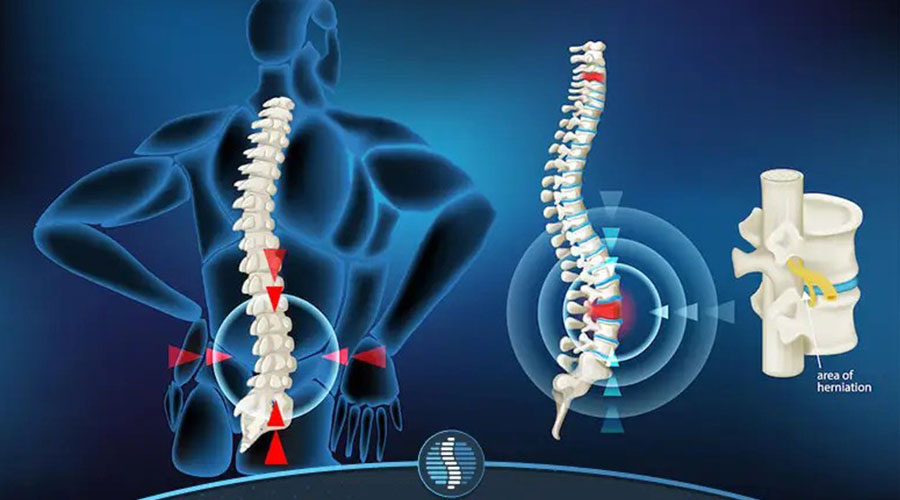Herniated discs are a common cause of back pain and can severely impact your quality of life, affecting everything from mobility to daily comfort. Preventing herniated discs, however, is often possible by making proactive lifestyle adjustments that support a healthy spine. By following these tips, you can strengthen your spine, reduce unnecessary strain, and keep your back functioning well for years to come.
Maintain Good Posture
One of the most important habits for spinal health is maintaining good posture. Poor posture can place excess stress on the spine, which in turn puts undue pressure on your spinal discs. When sitting, particularly for extended periods, make sure your back is supported by the chair, your feet are flat on the floor, and your screen is at eye level. For standing, distribute your weight evenly across both feet and avoid slouching.
As noted by a spine expert from Uprite Medical, maintaining proper alignment in everyday postures can significantly reduce the risk of disc herniation, especially in the lower back and neck.

Exercise Regularly for Core Strength
Strengthening your core muscles is one of the best ways to support the spine. Core muscles, which include your abdominal, back, and pelvic muscles, provide essential stability and reduce the load on the spine itself. Regular core exercises like planks, bridges, and side leg raises can enhance your core stability, helping protect the discs from excess strain.
However, it’s crucial to exercise with proper technique. Many people make mistakes in herniated disc exercise, such as choosing gear that appears safe but strains your back. Always consult with a spine specialist or physical therapist to ensure you’re performing exercises correctly, especially if you’ve previously experienced back pain.
Keep a Healthy Weight
Maintaining a healthy weight is essential for reducing the stress on your spine. Extra body weight, particularly in the abdominal area, increases pressure on the lower back and can contribute to disc degeneration and herniation over time. Each pound of excess weight adds extra strain to your spine, especially when sitting, standing, or lifting. By keeping a balanced diet and engaging in regular physical activity, you can manage your weight effectively. Lowering this burden on your spine is a crucial step in preventing herniated discs and supporting overall back health.
Quit Smoking for Better Disc Health
Smoking negatively affects nearly every aspect of health, including spinal health. Nicotine restricts blood flow, which means that spinal discs receive less oxygen and nutrients. Over time, this lack of nourishment weakens the discs, making them more susceptible to herniation. Quitting smoking not only helps restore healthy blood flow but also reduces the risk of chronic back problems and other disc-related issues.
Prioritize Restful Sleep
Quality sleep is vital for the body’s repair processes, including those that keep your spine in good condition. During sleep, your spine decompresses, and the discs rehydrate, allowing them to regain their elasticity and functionality. A supportive mattress and proper sleep posture can also help alleviate pressure on your spine. Choose a mattress that maintains your spine’s natural alignment, and aim to sleep on your back or side rather than on your stomach, as sleeping on your stomach can strain the neck and lower back. By prioritizing restful sleep and setting a consistent sleep schedule, you give your spine the time it needs to recover and prevent potential injuries.
Conclusion
Preventing herniated discs and maintaining a healthy spine requires a commitment to daily habits that support spinal health. From practicing good posture to engaging in core-strengthening exercises, staying at a healthy weight, quitting smoking, and ensuring restful sleep, these lifestyle adjustments can make a significant difference. By following these steps, you can protect your spine from strain, reduce the risk of herniated discs, and ultimately enhance your overall quality of life. Remember, small, mindful changes in your daily routines add up to long-term benefits for spinal health and mobility.


